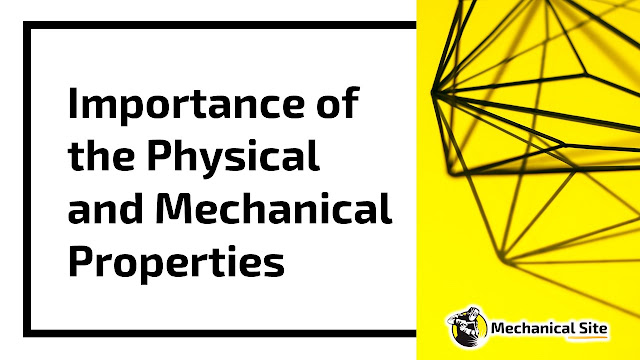Working Substance: All Phase, States, and Thermodynamic Processes
Working Substance Quality:
A substance is considered pure if it is homogeneous and chemically stable. It can exist as a single substance in more than one phase, for example, liquid water and water vapor in a boiler in the absence of air or dissolved gases.
1. Phase:
Phase refers to the state of a substance, such as a solid, liquid, or gas.
2. Mixed Phase:
It is possible for phases to be mixed, such as ice and water or water and vapor.
3. Mixed Phase Quality or Dryness Fraction (x):
The dryness fraction is the ratio of the mass of pure vapor present to the total mass of the mixture (liquid and vapor). The quality of the mixture may be expressed as the percentage dryness of the mixture (e.g., 90% dry).
4. Saturated State:
A saturated liquid is a vapor with a dryness fraction equal to zero, while a saturated vapor has a quality of 100% or a dryness fraction of one.
5. Superheated Vapor:
A gas is considered superheated when its temperature at a given pressure is greater than the saturated temperature at that pressure, meaning it has been heated beyond its saturation temperature.
6. Degree of Superheat:
The difference between the actual temperature of a given vapor and the saturation temperature of the vapor at a given pressure.
7. Subcooled Liquid:
A liquid is considered undercooled when its temperature at a given pressure is lower than the saturated temperature at that pressure, meaning it has been cooled below its saturation temperature.
8. Degree of Subcool:
The difference between the saturation temperature and the actual temperature of the liquid at a given pressure.
9. Triple Point:
A state point at which all solid, liquid, and vapor phases coexist in equilibrium.
10. Critical Point:
A state point at which transitions between liquid and vapor phases are not clear for H2O. For water, the critical point has the following characteristics: PCR = 22.09 MPa, TCR = 374.14 °C (or 647.3 °K), vCR = 0.003155 m3/kg, uf = ug = 2014 kJ/kg, hf = hg = 2084 kJ/kg, and sf = sg = 4.406 kJ/kgK.
Thermodynamic Processes:
A process is a path in which the state of the system changes and some properties vary from their original values. There are six types of processes associated with thermodynamics:
- Adiabatic: no heat transfer from or to the fluid
- Isothermal: no change in temperature of the fluid
- Isobaric: no change in pressure of the fluid
- Isochoric: no change in the volume of the fluid
- Isentropic: no change in entropy of the fluid
- Isenthalpic: no change in enthalpy of the fluid






